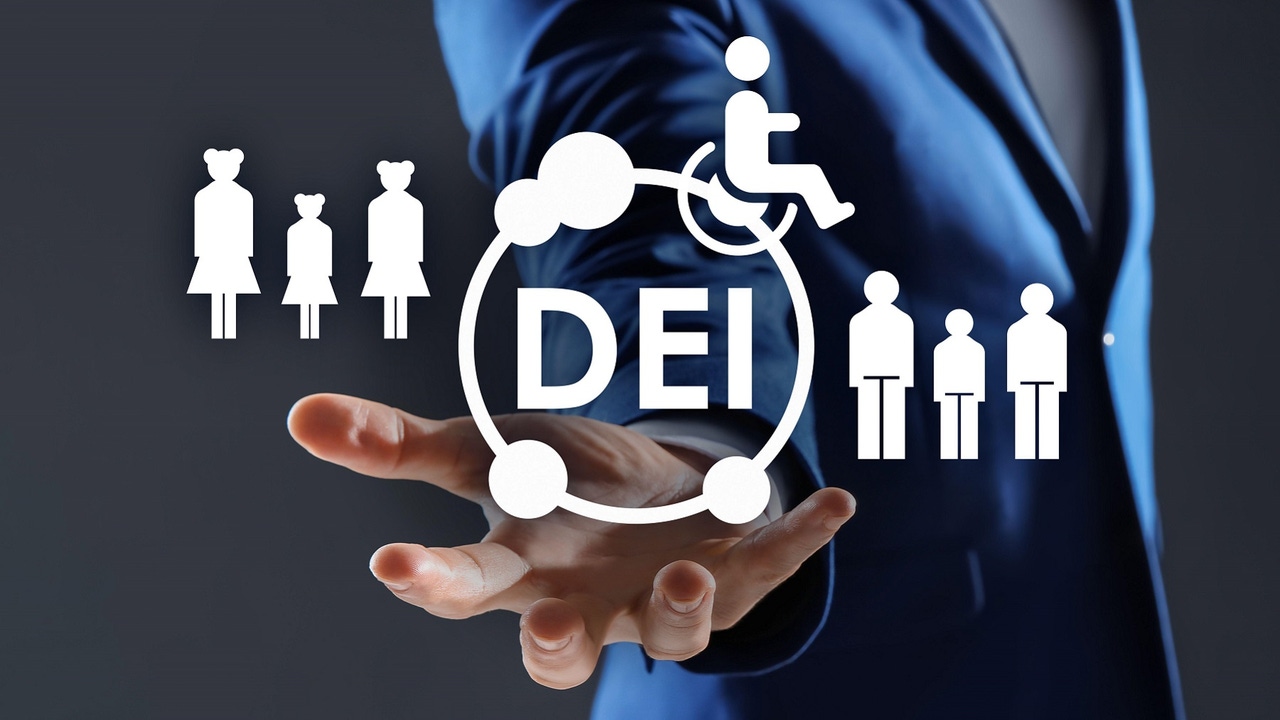Digital Workplace I&O Leaders Must Prioritize DEI InitiativesDigital Workplace I&O Leaders Must Prioritize DEI Initiatives
It's imperative that I&O leaders overseeing the digital workplace choose technology that strengthens organization-wide DEI efforts.
March 18, 2024

Diversity, equity and inclusion (DEI) is a growing organization-wide priority that infrastructure and operations (I&O) leaders responsible for the digital workplace must champion.
Gartner predicts that through 2026, I&O organizations that fail to meet the nonmonetary needs of employees will experience a 30% to 40% increased attrition rate among staff compared with 2020-2021 levels.
I&O leaders have an opportunity to partner with DEI leaders to bridge the gap between technology and people by creating digital employee experience (DEX) equity. Incorporating DEI into the digital workplace strategy improves engagement, retention, and morale.
Focusing on DEI allows I&O leaders to better serve the needs of an increasingly diverse workforce and improve broader business outcomes like retention and employee engagement.
Create More Equitable Experiences and Partner With DEI Leaders to Promote DEX Equity
DEI is often interpreted as an ambiguous umbrella term with no specific priorities or actions for digital workplace teams. Furthermore, some organizations focus on one aspect of DEI, such as diverse hiring, but neglect equity and inclusion. This narrow view of DEI makes it difficult to acknowledge the responsibility of the digital workplace in supporting a broader DEI strategy, as well as creating a more equitable and inclusive technology experience.
I&O leaders can determine the digital workplace's role in supporting equity and inclusion goals by first reviewing the organization's DEI strategy. Once they understand how the organization defines DEI, I&O leaders must partner with the DEI leader to leverage technology to create a more equitable DEX.
To build this partnership, the DEI and digital workplace teams must meet on a consistent basis to discuss organization-wide DEI goals and how technology can support them.
For example, if an organization's goal is to create a more inclusive work experience for employees with vision impairments, I&O leaders must identify technology that supports those employees, such as closed captioning on virtual meetings.
By partnering with DEI leaders to select technology that creates a more inclusive work environment, digital workplace teams shift their focus from technology enablement to employee enablement and help increase productivity. I&O leaders must build rapport with the DEI and digital workplace team to thoroughly discuss organizational goals. Focus on employee enablement to increase accessibility, comfort, and productivity.
Enabling DEI Principles In Digital Workplace Strategy
I&O leaders can start incorporation of DEI principles by building upon existing DEI initiatives in the organization and bringing those strategies into digital workplace teams. This helps foster a DEI culture and strengthen the connection between the digital workplace and the diverse needs of the employees they serve. A well-educated and diverse internal digital workplace team is equipped to identify key DEI criteria in the tools and operations they deliver to employees throughout the organization.
Technology can be a powerful enabler for DEI. However, human-centric approaches, such as leadership commitment, training programs, and fostering an inclusive culture, must precede technology.
Examples of DEI technologies enabled by the digital workplace include:
Collaboration and communication tools: Inclusive collaboration tools that provide all employees access to real-time communication and enable all to voice their concerns are crucial for distributed teams and remote work.
Accessibility tools: Screen readers, closed captioning, speech recognition software, and other assistive technologies enhance accessibility and enable fuller participation for employees with visual, auditory, cognitive, or motor impairments.
Language translation tools: In multinational organizations, language barriers can hinder effective communication and inclusion. Translation tools such as real-time translation apps or built-in translation features in communication platforms help ensure that all employees have equal access to information and have an opportunity to participate in discussions.
To determine which technologies are right for specific employee groups, ensure accessibility is a key criteria in digital employee personas.
I&O leaders responsible for the digital workplace not only have the responsibility to create a more equitable and inclusive technology experience, but an opportunity to. I&O leaders must select technology that can enrich organization-wide DEI initiatives.
Erin Pierre is a Principal Analyst at Gartner where she focuses on Digital Workplace I&O strategy. Gartner analysts will provide additional analysis on Digital Workplace strategy at the Gartner Digital Workplace Summit, taking place this week, in Grapevine, TX.
About the Author
You May Also Like






.jpg?width=700&auto=webp&quality=80&disable=upscale)
